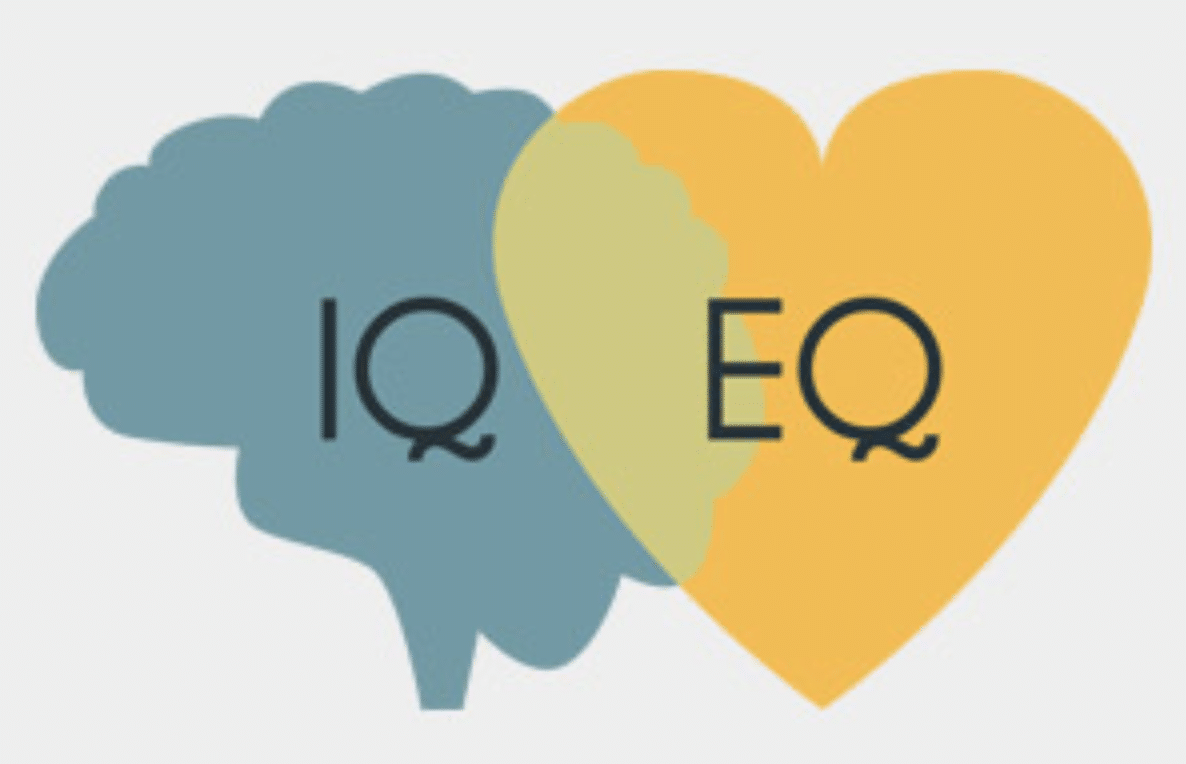How do I stand out in my clerkships?
Summary:
Grades are not everything. You are there to learn, so focus on how you can best contribute to the clinical environment rather than focusing on how you can earn the best grades. Don’t just “perform” and try to make yourself look good. You have to accept that you will look stupid sometimes, but you’re in your clerkship to learn and contribute! The best of the best doctors have high levels of EQ and this is what helps them be able to relate to their patients and other members of the care team so well. You must practice humility and thoughtfulness during your rotations. Do unto other med students and patients as you would have them do unto you. Don’t just think of yourself! Try to find a way to stay completely engaged with each rotation. You might not like each rotation, but you won’t be there forever. Make the most of each learning opportunity while it is in front of you.

“Let go of the grades”
Everyone wants to “honor” their rotations, but there is a fine line between trying to score well and trying to make the most out of your clerkship. In the experience of many students, the best feedback from preceptors came once the students had let go of their preoccupation with grades, and fully immersed themselves in the rotation. Letting go of grades is hard to do… Medical students didn’t get into medical school by not focusing on their grades… However, the biggest transition from an academic to a professional mindset has to do with the transitioning of your focus from earning the best grades for yourself to learning and contributing in a real clinical environment. At this point in the game, it’s important to focus on the learning aspect first and foremost.
“Be less of a performer and more of a learner”
“Performing” relates to a mindset where you are doing something just to impress others. Perhaps you are looking for a certain grade, but in the end, “performing” is related to a selfish mentality. When you are performing, you will look to avoid placing yourself in situations of vulnerability.

- You might avoid asking important questions because that “may make you look stupid.”
- You might ask a question (at an inopportune time) just to make yourself look smart.
- You might not help out a fellow student because that “might give him or her an advantage over you.”
People around you take note of all these things!!!
Yes, there are grades, but you are there to LEARN. This will require a mindset where you will be vulnerable, and where you might look stupid sometimes… You are also there to contribute, to help your care team, to help patients, and to help your fellow classmates. If you have the mindset of learning and contributing, people around you will also note that as well. Think about the doctor that you want to become, and think about the reputation you are building. A great doctor requires a high level of emotional intelligence (EQ) in order to be able to understand other people and what motivates them, as well as how to work with other people and react appropriately to them.
“Your EQ is being graded too”
Although clerkships are graded, the grading troubles many medical students because of its subjectivity. Outside of shelf exams, it’s not like before where you individually answer questions on a test and then the right and wrong answers translate to a grade. Your grades in clerkships involve a person making a professional assessment of you. Yikes! That would scare anyone at first! Keep in mind that being knowledgeable in the biomedical sciences is also an important part of how you will be assessed. However, your demeanor, your thoughtfulness, and your ability to relate to others are also being graded. These factors are probably not being graded outright, but indirectly.

The grade you receive in your clerkships, although subjective, resembles the real world. It’s not always controllable like you are used to. However, if you are mindful of your EQ aspects as well as your knowledge and skills, you will generally receive the outcomes that you want. Even if you receive a grade that you didn’t want, use it as a learning tool to teach you aspects about humility and how to be better for the next clerkship.
“Humility and thoughtfulness”
Humility and thoughtfulness are an important part of your learning in this phase of medical school. If there are other medical students in your rotation, help them and in turn ask them for help when appropriate. Don’t take over other students’ patients; if you know something about another student’s case, discuss it with them on the side rather than in front of the team. Acknowledge others on the team when they do something to help you out (i.e. on rounds, say “John actually sent me this paper that relates to my patient and our treatment plan…”). Be thoughtful in practicing and preparing for patient presentations. There is a learning curve, but being diligent about your practice will help you improve quicker. Think about each patient and cater your presentation to who they are, rather than just presenting it exactly as you learned in your preclinical training. Try to understand your patients and where they’re coming from – take the time to immerse yourself in the environment so you can get the most out of it.
“If you can’t get out of it, get into it”

Previous Pain Point: How do I fit into the care team?
Next Pain Point: How do I handle criticism?